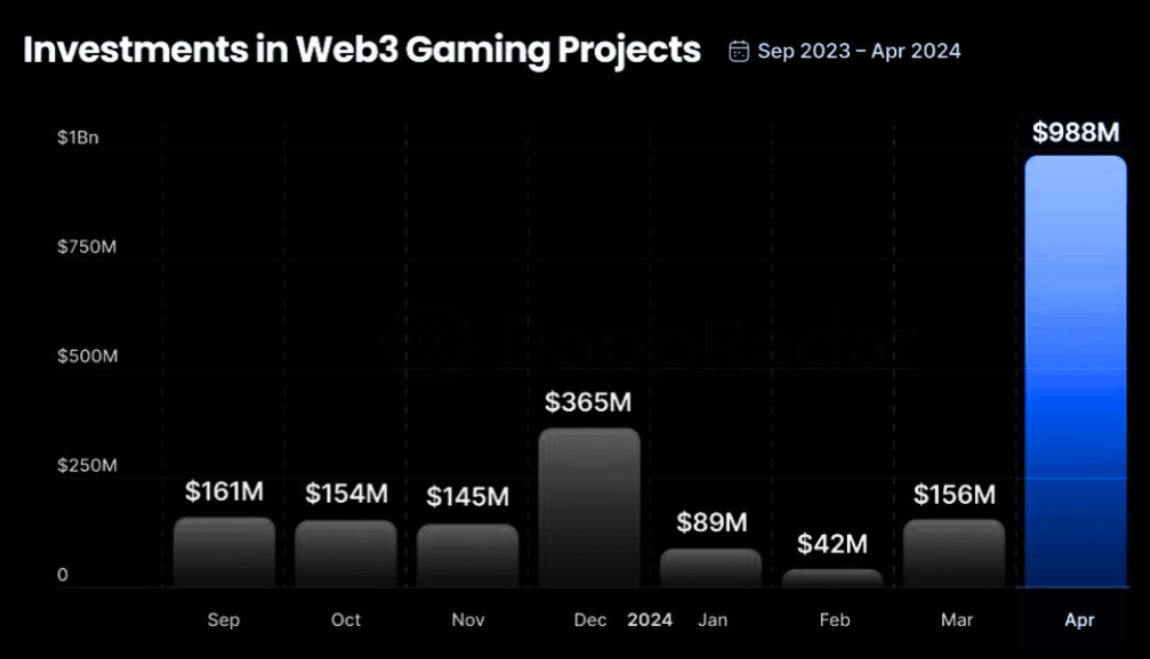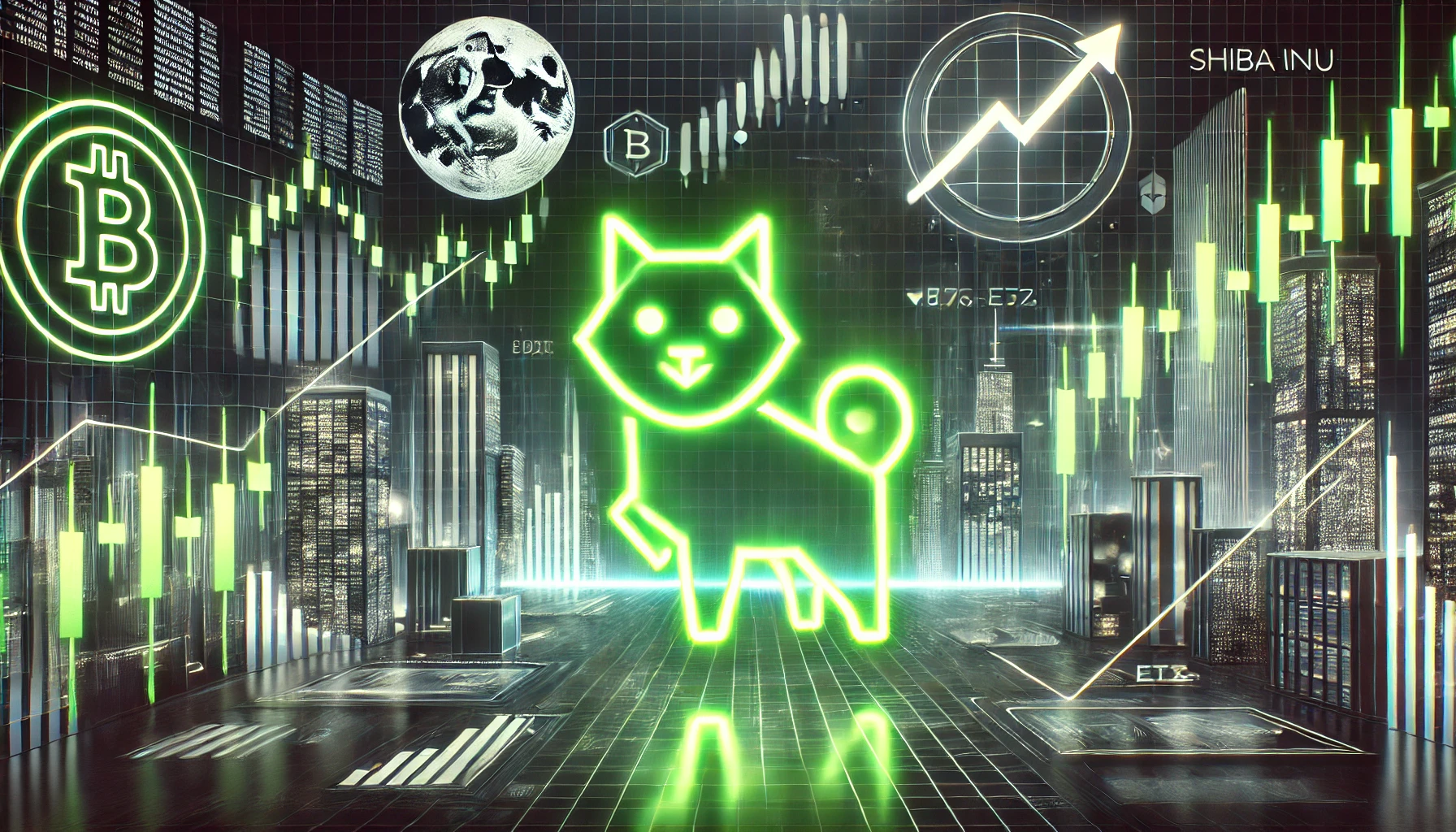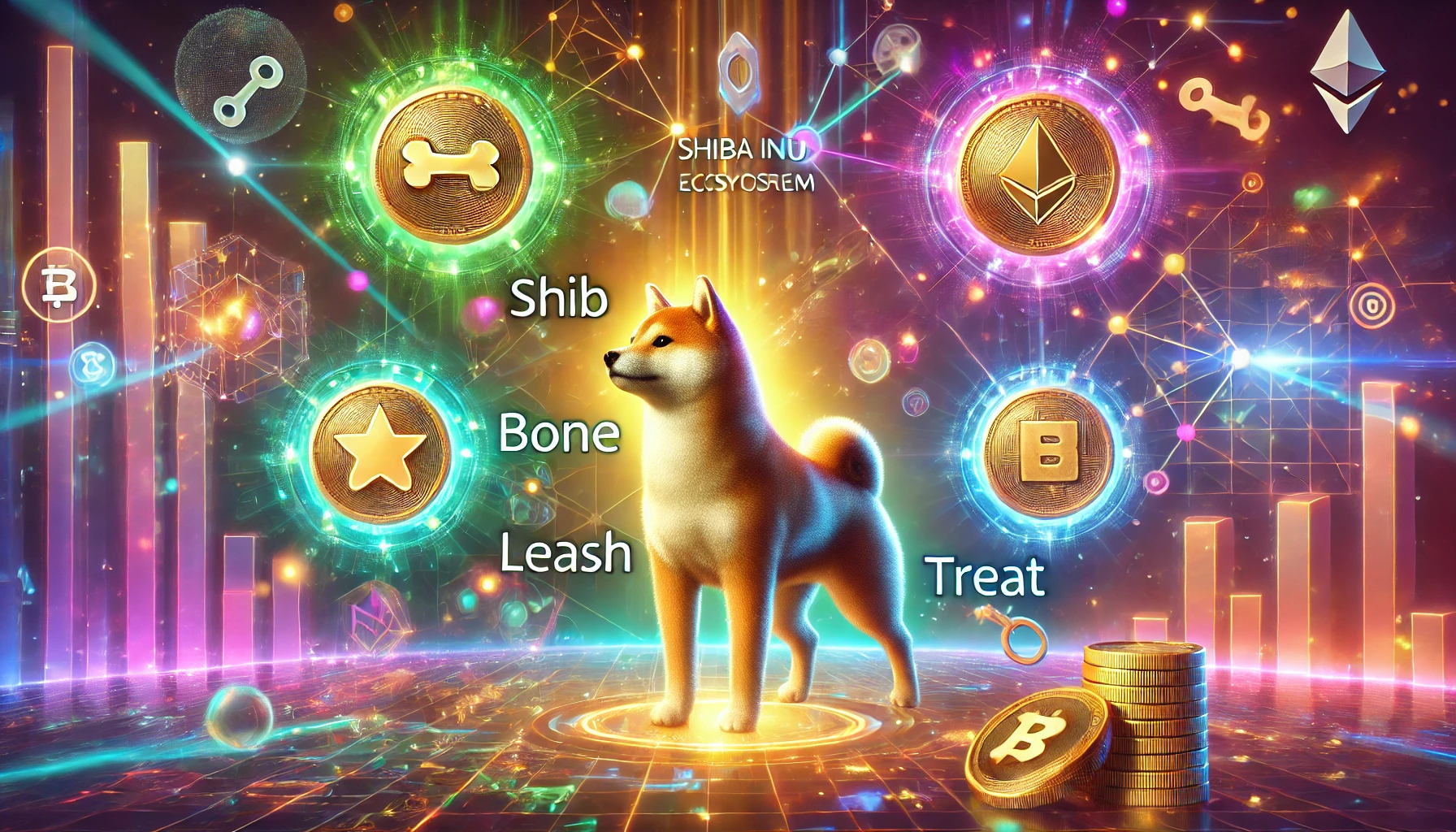Web3’s Competitive Edge in Revolutionizing Gaming Rewards Explained
The thrill of competition has always been at the heart of gaming culture. Whether its defeating a challenging boss or outmaneuvering an opponent during a multiplayer match, gamers seem to intrinsically be driven by the pursuit of victory and individual satisfaction.
There is enough evidence to corroborate this assessment, with recent research published in Nature Human Behaviour showcasing how regular competitive gaming contributes positively to mental well-being and lower psychological distress compared to non-gamers. The study specifically noted a decrease in psychological distress ranging from 0.1 to 0.6 standard deviations among regular gamers.
The positive impact was more than just coincidental, with studies showing that competitive games can fulfill essential psychological needs in humans, including the development of autonomy, work competence, and relatedness.
Web3 gaming is at a crossroads.
While the traditional video games market has continued to mature and grow immensely over the last couple of decades, many experts believe that the industry is now at a critical evolutionary juncture, with Web3 leading the roost.
The Web3 gaming market, valued at $23.9 billion in 2023, is projected to soar to $133.2 billion by 2033, with this explosive growth not just being about market size but rather a fundamental shift in how games can reward and engage players.
Through the use of concepts like tokenization and smart contracts, blockchain-based games can now orchestrate tournaments and gaming experiences at a scale previously unimaginable, creating new opportunities for both casual players and serious competitors.
At the forefront of this revolution stands Funtico, a gaming ecosystem built by a team of veteran gaming professionals. It offers an environment where engaging titles can meet incredible monetary rewards. Funtico’s approach goes beyond simple gamification, offering a diverse range of genres from indie casual to AAA action titles, each integrated with meaningful reward systems that recognize both player activity and skill.
Moreover, what truly sets Funtico apart from the rest of the fray is its holistic approach to entertainment, wherein unlike its competitors who focus solely on game development or infrastructure, Funtico has built a full-stack solution that includes both proprietary games and a robust platform for third-party developers.
Lastly, the project’s future-ready fintech infrastructure ensures seamless transactions between traditional and blockchain systems. At the same time, Funtico’s Publisher as a Service (PaaS) model opens doors for traditional game developers to enter the Web3 market.
The investment flows don’t lie.
While traditional games are still the undoubted kings of today’s gaming industry, the investment community’s confidence in Web3 has continued to grow at an astounding rate, with nearly $1 billion in investments recorded in April 2024 alone.
Investments in Web3 Gaming Projects between Sept 2023 and April 2024 (source: Bitcoinke)
The same month, Web3 gaming demonstrated its growing dominance, capturing 28% of all blockchain activity and 2.9 million daily unique active wallets (dUAW). This represented a significant 17% month-over-month increase, solidifying gaming as the most engaged category across all blockchain applications, which collectively reached a record-breaking 10.6 million dUAW.
Lastly, it bears mentioning that major players like investment management giants VanEck and Andreessen Horowitz have also made strategic moves in the space, as evidenced by the latter’s recent $75 million investment into various startups operating in this space.
In this context, Funtico not only provides immediate value to its users through its competitive gameplay and rewards but also establishes a sustainable growth framework for long-term maturation. Combining traditional gaming expertise with blockchain innovation, the project creates an environment where players can truly own their gaming achievements and assets while developers can easily transition their games into the Web3 space.
Looking ahead, it stands to reason that we’re witnessing the emergence of a new gaming paradigm – one where the tangible value of rewards matches the thrill of competition.




Publicar comentário